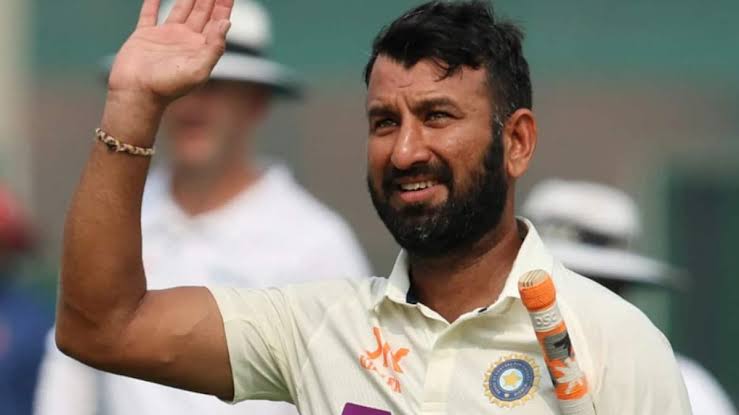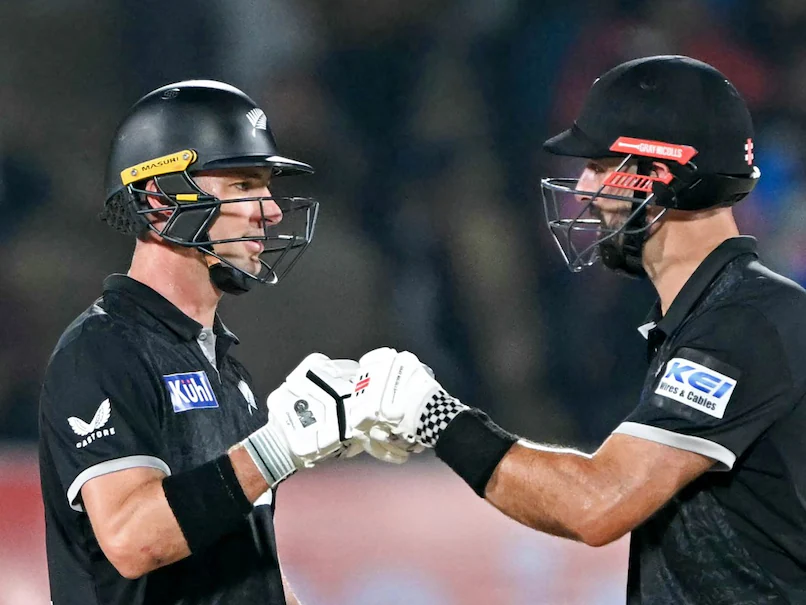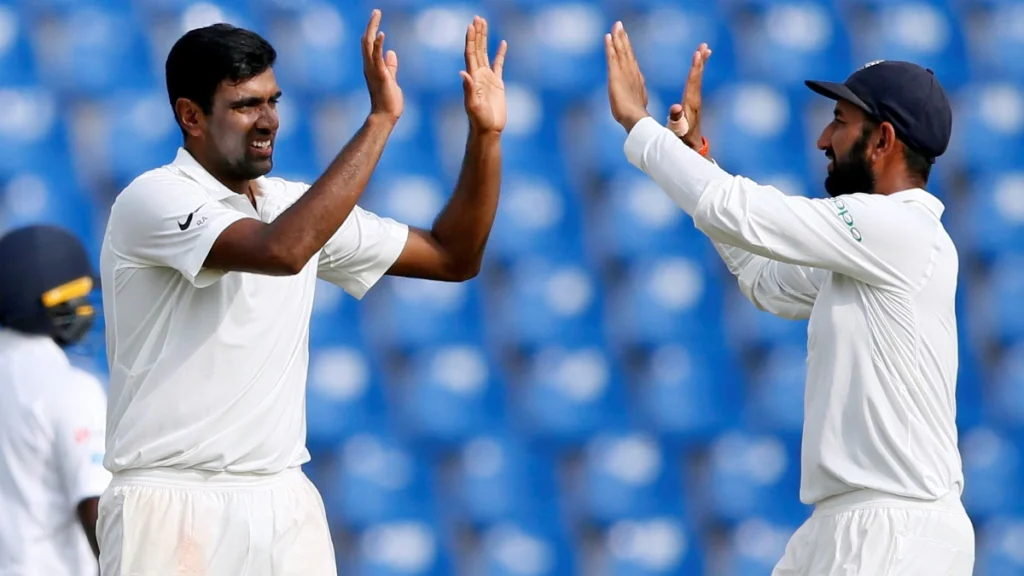Now Reading: Pujara’s Retirement Rekindles Debate on Farewell Matches for Indian Cricketers
-
01
Pujara’s Retirement Rekindles Debate on Farewell Matches for Indian Cricketers
Pujara’s Retirement Rekindles Debate on Farewell Matches for Indian Cricketers

Cheteshwar Pujara’s recent retirement from international cricket has once again sparked debate over how Indian players are treated at the end of their careers. His quiet exit, without a farewell match, has drawn attention to the Board of Control for Cricket in India’s approach towards veteran cricketers. Many fans and analysts believe that players who have contributed immensely to Indian cricket deserve a more dignified send-off, while others argue the team’s priorities should remain performance-driven.
Pujara, known as one of India’s most reliable Test batsmen, played a key role in several overseas victories, including memorable series in Australia. Yet, his departure followed a familiar pattern where players like Virat Kohli, Rohit Sharma, and earlier stalwarts also expressed disappointment at not receiving clarity or a proper farewell. This has fueled discussions around whether the BCCI should introduce a structured system that honors long-serving players.
For fans in Tier 2 cities, who often idolize cricketers as local heroes, such moments of recognition carry even greater significance. Pujara’s journey, rising from Rajkot to becoming India’s wall in Test cricket, resonates deeply with small-town cricket aspirants. A farewell match would not only acknowledge his contribution but also inspire youngsters from smaller regions who dream of wearing the Indian jersey.
Critics, however, point out that cricket is increasingly results-oriented, and selections must prioritize future planning over sentimental send-offs. The growing competition for spots, with young talents emerging from domestic circuits, means farewells are hard to accommodate without affecting the team’s balance. Yet, many argue that a single farewell match is a small gesture compared to the years of service players like Pujara have given.
This debate reflects a larger issue in Indian cricket: how to balance respect for senior players with the practical needs of the team. Some suggest that the BCCI could pre-decide farewell matches for players nearing the end of their careers, ensuring clarity for both the cricketer and the fans. Others believe that the board should communicate more transparently with players about retirement plans, preventing frustration or confusion.
In the end, Pujara’s retirement has reopened a conversation that the BCCI cannot ignore for long. With fans, former cricketers, and even active players voicing concerns, the board will eventually need to rethink how it handles farewells. For a cricket-obsessed country like India, ensuring that legends leave the stage with dignity could be just as important as building the next generation of stars.

























